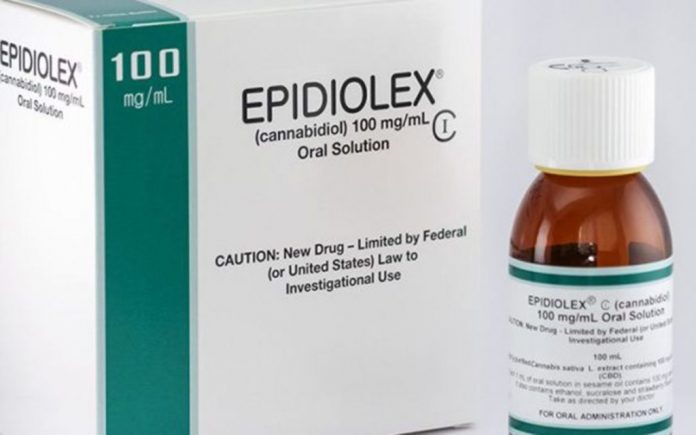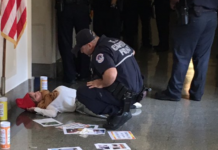FDA Says CBD Medication Epidiolex Should Not Require DEA Oversight
/files.merryjane.com/uploads/generic/1538501681198_DEAsaysCBDisstillscheduleIdrug__WIDE.jpg)
America’s pharmaceutical regulators are convinced that CBD lacks the potential for abuse necessary to fit the DEA’s scheduling, but international treaties still require some form of prohibition.
In the FDA’s final recommendations for DEA action on Epidiolex, the FDA’s pharmaceutical regulators conceded to the powers of the 1961 Single Convention on Narcotic Drugs and other international treaties, and suggested that Epidiolex be given Schedule V status.
“If control of CBD is required under the treaty obligations of the United States, then to continue maintaining such obligations, and reflecting our scientific findings to the extent currently possible, we recommend CBD and its salts be placed in the least restrictive CSA schedule, Schedule V,” the FDA memo states.
Still, making clear that the federal agency does not actually believe that CBD should be regulated by federal law enforcement officers, the memo concluded with a note instructing the DEA to immediately revisit CBD’s scheduling status if international drug treaties are altered or amended, and remove the medical marijuana treatment from the DEA list as soon as possible.
“If treaty obligations do not require control of CBD, or the international controls on CBD under the 1961 Convention are removed at some future time, the above recommendation for Schedule V under the CSA would need to be revisited promptly to address the change in a key predicate underlying such recommendation.”
Epidiolex is expected to be available by prescription across the United States sometime in the next six weeks.





